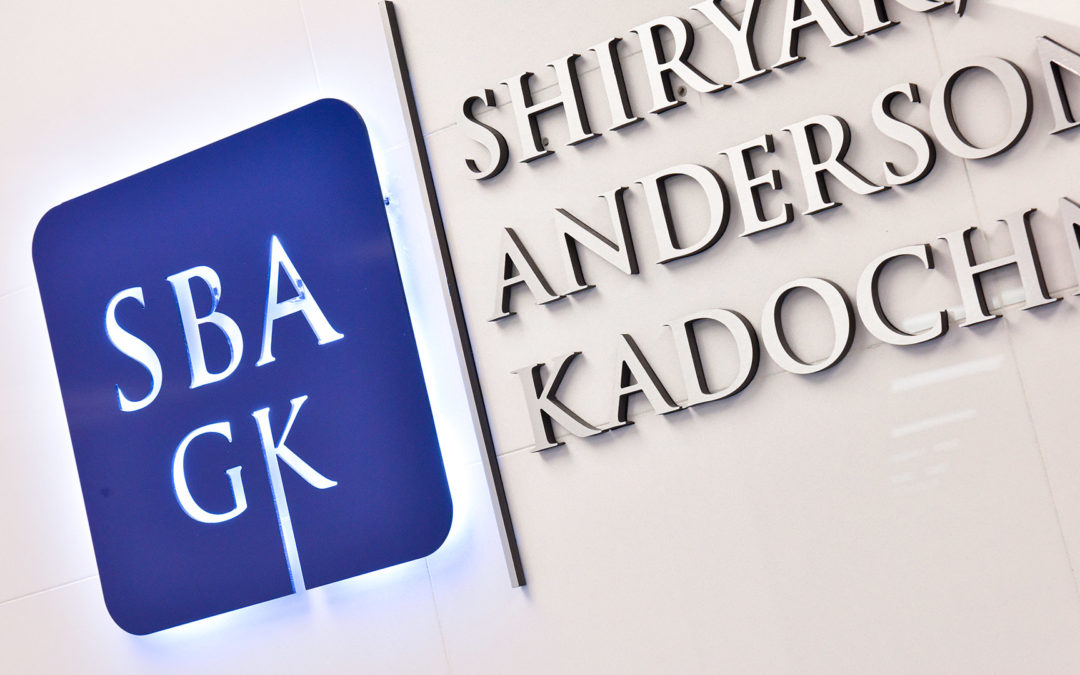KEW GARDENS, NY (April 24, 2019) – SBAGK partner Mark Anderson had the opportunity to participate in an oral argument before the Appellate Division of the Supreme Court, First Judicial Department on two consecutive days. He appeared before the judges of the Court on Citimortgage Inc., v. Lachmin Sahai and Nationstar Mortgage LLC v. David Cohn, both foreclosure matters. Once a foreclosure action is commenced, there are certain procedures by which the Plaintiff/Bank must abide.
In the first argument, Mr. Anderson argued that the trial Court erred in not dismissing a now-ten-year-old foreclosure case as abandoned pursuant to CPLR 3215(c). In the second argument, Mr. Anderson argued that a trial Court decision to dismiss a foreclosure action for lack of service should be sustained.
On Wednesday, April 24, the First Department held oral arguments at the Bronx Hall of Justice. Close to the Grand Concourse section of the Bronx, the building occupies two and a half city blocks and boasts a whopping 775,000 square-feet. The Hall of Justice is also home to forty-seven court parts for the Supreme and Criminal courts, seven grand jury rooms, and offices for the NYC Department of Correction, the Department of Probation, and the Bronx District Attorney.
On Thursday, April 25, the First Department once again held oral arguments, this time at its home in Manhattan. The courthouse was constructed from 1896-1899 and became home to the Appellate Division in 1900. Along with being one of the most historic structures in New York City, it boasts elaborate murals in its interior as well as towering sculptures on its roof.
SBGAK’s attorneys know the facts of each case they handle and know what is right for their client. When they believe the Court makes an error in its decision on a case, they immediately begin the process of appealing to get their client the results they deserve. They also defend those decisions they believe were correct. Appellate practice requires a specific set of skills and strategies, including thorough legal research skills and the ability to build a detailed analysis of the case. Oral argument gives both sides the opportunity to engage in constructive dialogue with appellate judges and requires discipline, experience, and a concise, practical approach.

